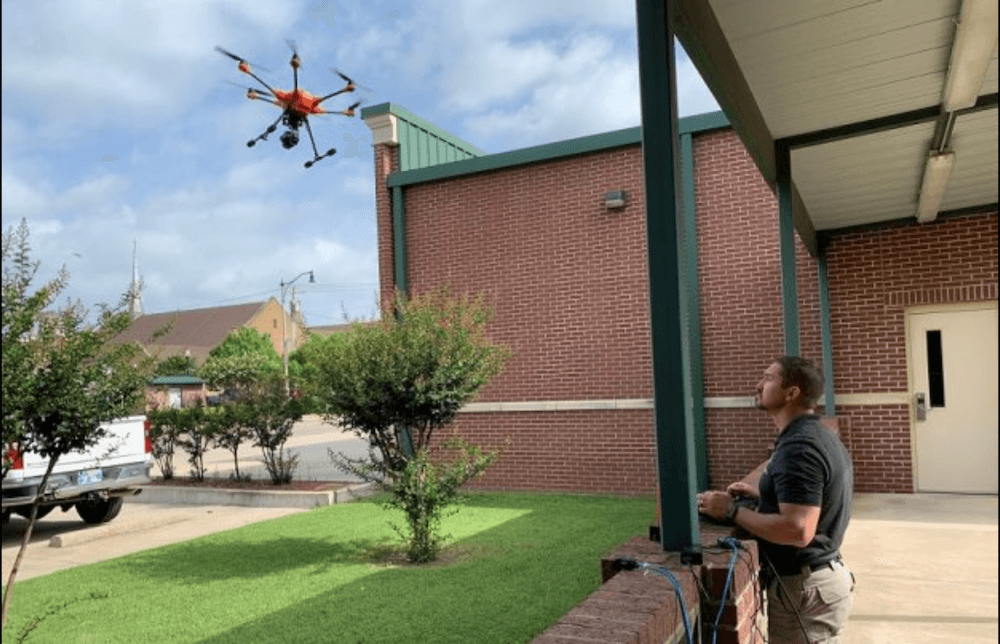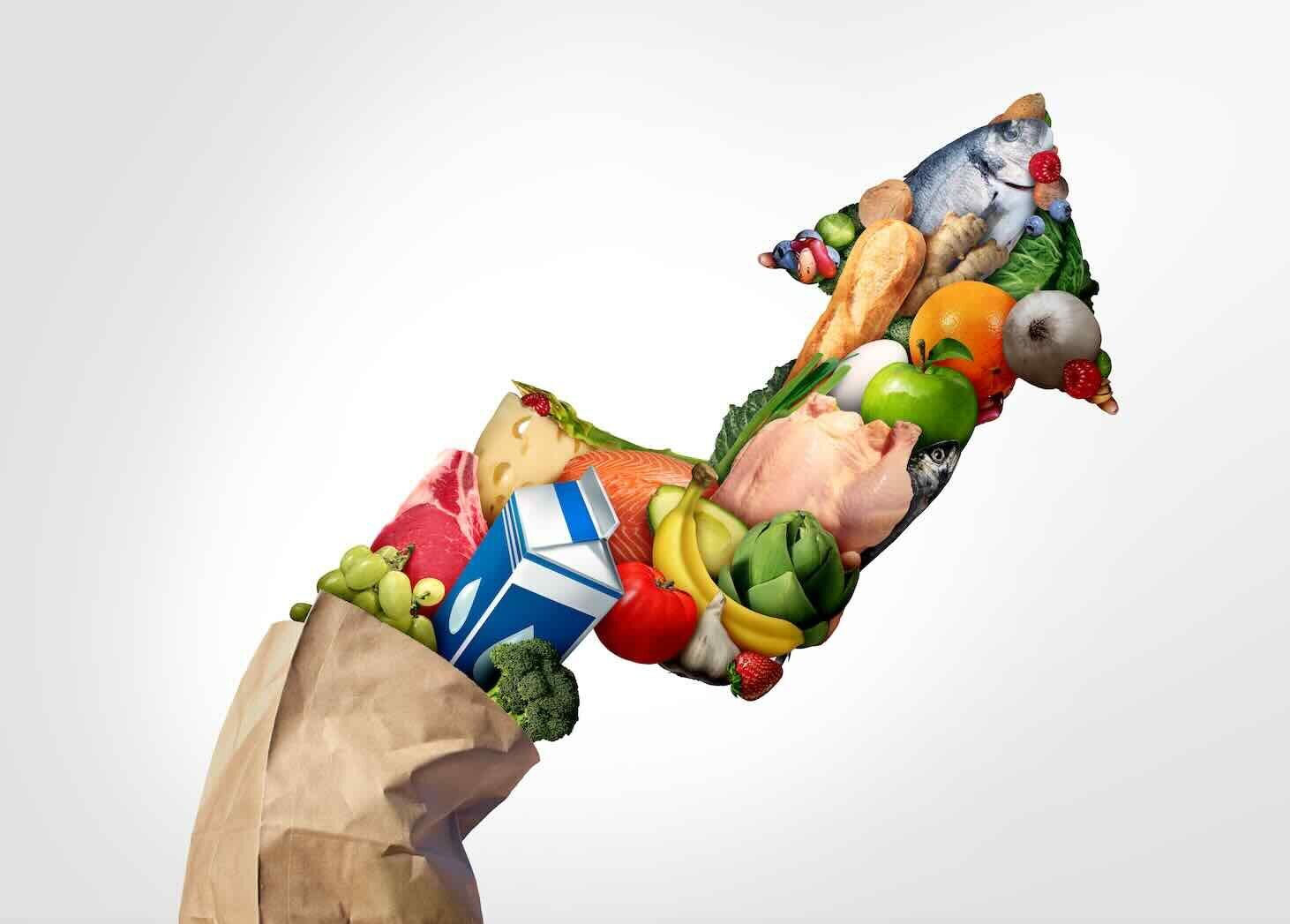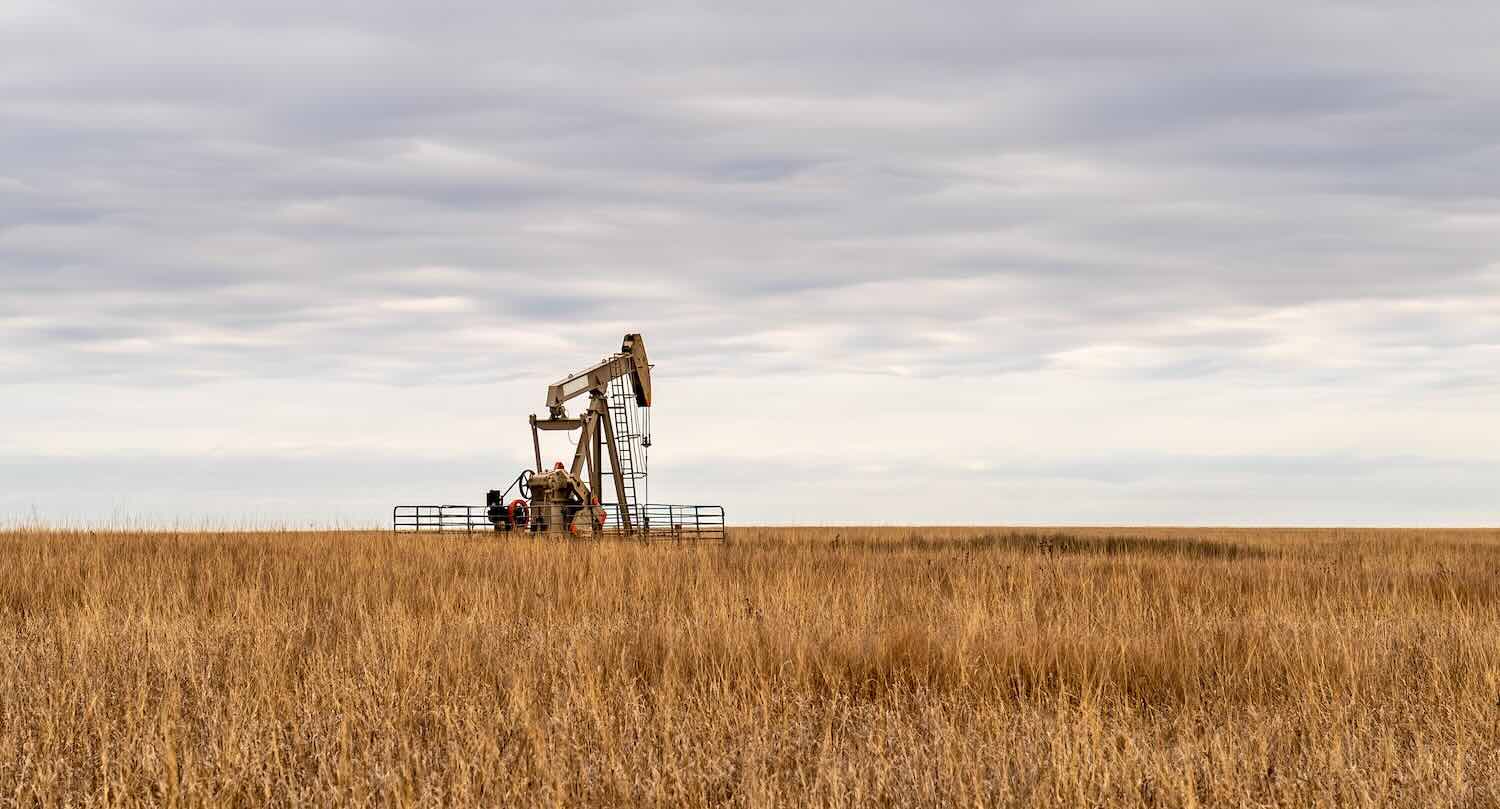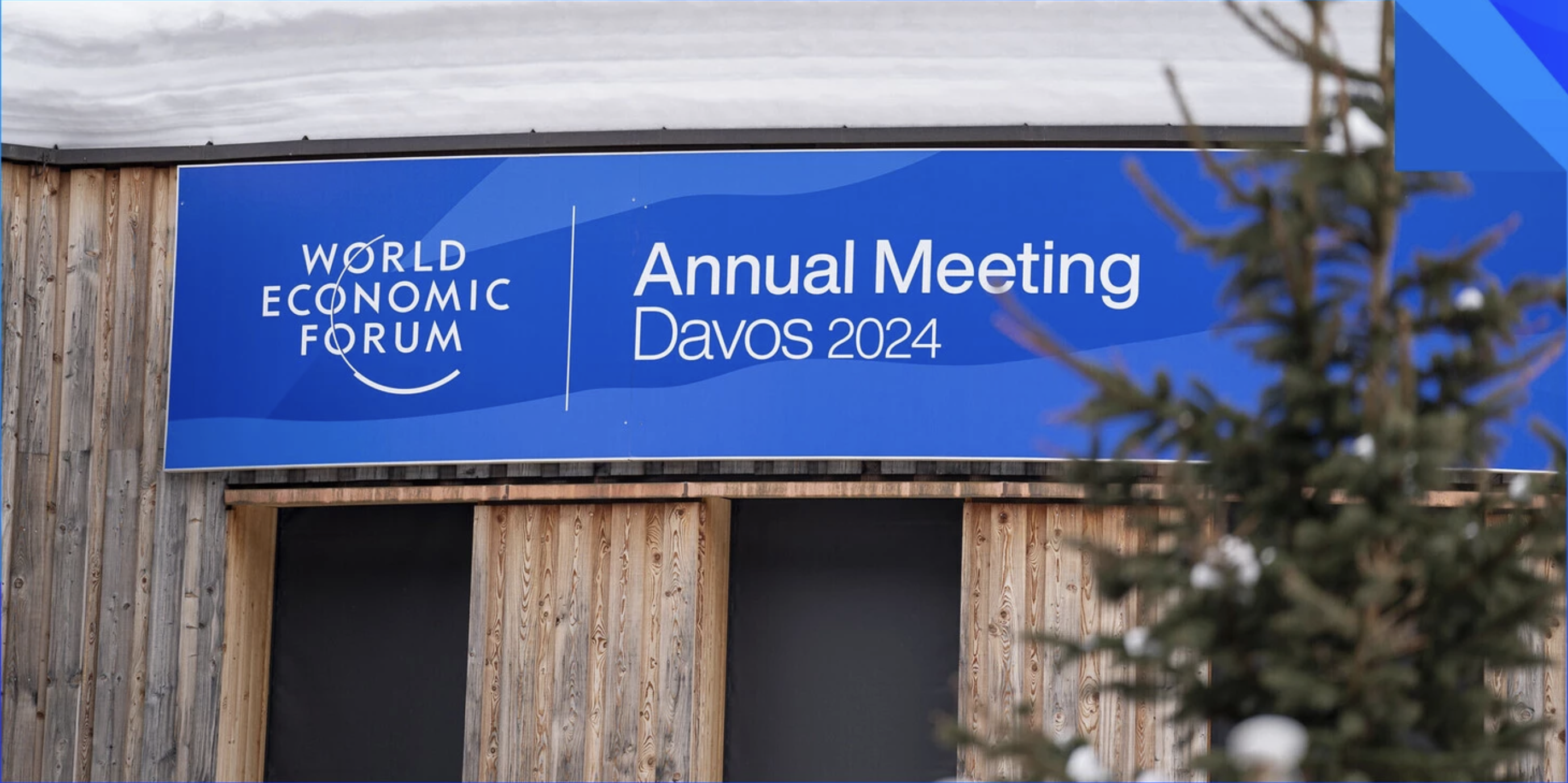ImpactAlpha, April 7 – The Choctaw Nation in Oklahoma, the third largest Tribal nation in the U.S., has a multifaceted plan to develop a venture fund for Choctaw businesses, a fund of funds with other Tribal governments, and a venture funding initiative that would attract new businesses to the reservation.
Not so fast. Nearly $2.5 billion in funding to spur such small business development on Tribal lands and in communities across the U.S. is under threat as Congress looks to shore up its stalled public health response to COVID-19.
The Bipartisan COVID Supplemental Appropriations Act would reallocate funding earmarked for small business financing and support initiatives for states, tribal governments and other jurisdictions through the State Small Business Credit Initiative, or SSBCI – a $10 billion, seven-year initiative that was passed as part of the American Rescue Plan last year. SSBCI was passed as a follow-up to the immediate grant and low-cost debt relief to small businesses in the early days of the pandemics.
“SSBCI is meant to provide long-term access to low-interest loans and investment dollars businesses need to build and grow,” said Katie Kramer of the Council of Development Finance Agencies, which has been advocating for SSBCI. “They’re chopping that strategy off at the legs.”
Catalytic capital
SSBCI authorizes the U.S. Department of the Treasury to allocate federal funds to states and other jurisdictions to fund small business support programs. The initiative is meant to be catalytic, requiring each federal dollar to be matched one-to-one. SSBCI was first passed in 2010, when small businesses were reeling from the financial collapse.
States attracted $8 billion in private capital with $1.4 billion in federal dollars. The initiative was reauthorized and enhanced last year, with the aim of helping state programs leverage as much as 10x in private dollars. State proposals for funding were due in February, and no SSBCI funding has yet been deployed.
The proposed COVID funding would strip $2.1 billion in funding from SSBCI, and slash a $500 million technical assistance allocation to $300 million.
“This will require states to completely rebuild their programs, which further delays the first dollar getting into any business, let alone the effect of the long-term leveraging of private dollars,” warns Kramer. “These programs are being undercut before they even have a chance to be deployed.”
The latest COVID funding Act would preserve $2 billion for very small businesses and businesses owned or controlled by socially and economically-disadvantaged individuals, but it is unclear whether the $500 million for Tribal governments would be impacted. The cuts to technical assistance would impact proposed Tribal programs, however.
“The technical assistance will be critical to ensuring the success of the programs for Tribal governments,” CDFA advisor Rachel Reilly told ImpactAlpha. “It needs to happen hand-in-hand with the programs, number one for business readiness to accept the capital, and two, to support a pipeline for identifying businesses to deploy capital.”
Indigenous businesses
One of the 2021 SSBCI enhancements was a $500 million allocation for Tribal governments to invest in businesses based in tribal territories or run by members of the tribal community. Tribal governments would be able to use the funding to design new small business lending schemes, venture funds and collaborate on joint-financing initiatives across Tribal territories. More than 400 Tribal entities have submitted an intent to apply, with proposals due May 11.
“I am not aware of another small business financing program that could have this magnitude of impact in Tribal communities,” said Reilly.
Reilly says the latest Act in Congress could deter Tribal governments from submitting applications next month. “It would also limit the scope the ability for tribal governments to get creative with how they deploy some of this financing.”
The Choctaw Nation plan would catalyze investment in high-tech aviation, including planes, drones and flying taxis. “We’re developing a research park in Daisy, Oklahoma with the ultimate goal of establishing manufacturing facilities within our reservation boundary,” explained Michael Southard, Choctaw Nation’s economic development director.
Of such ambitions, he said, “there’s a lot of logistical and investment hurdles that we have to overcome in order to be successful.”











